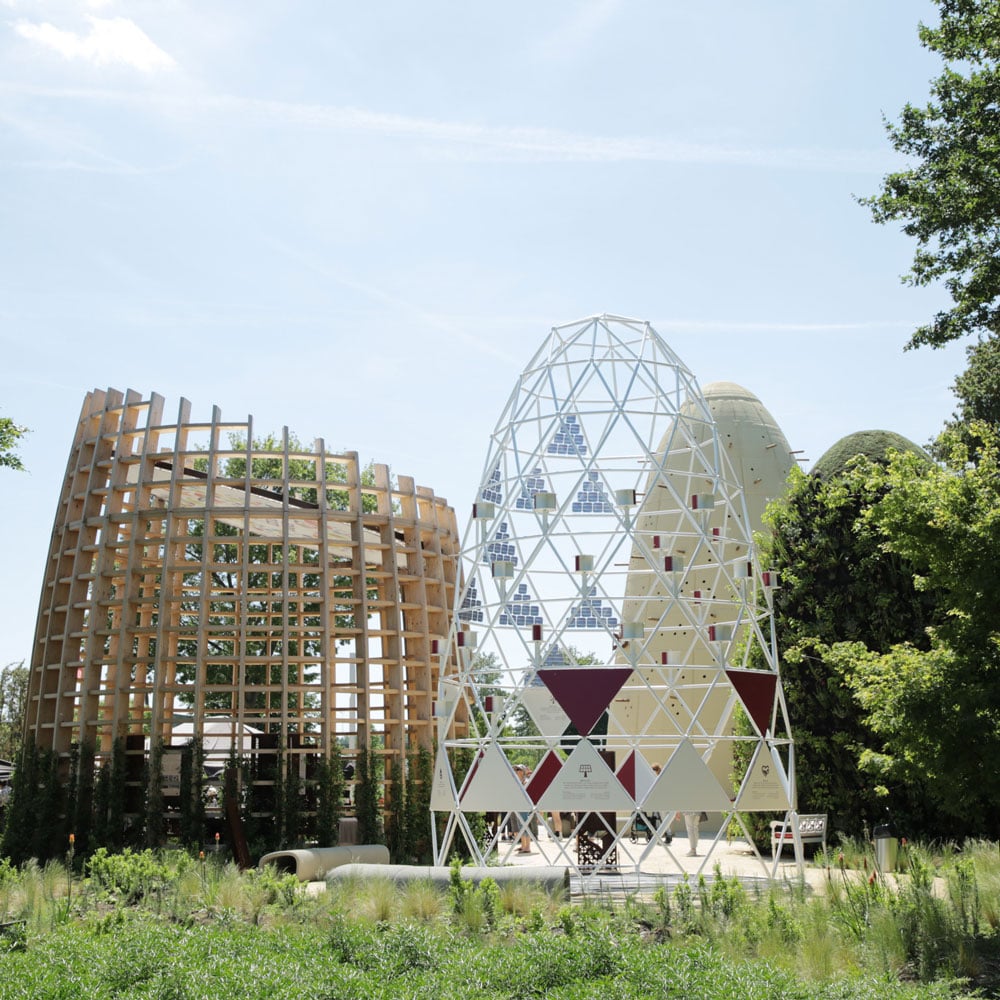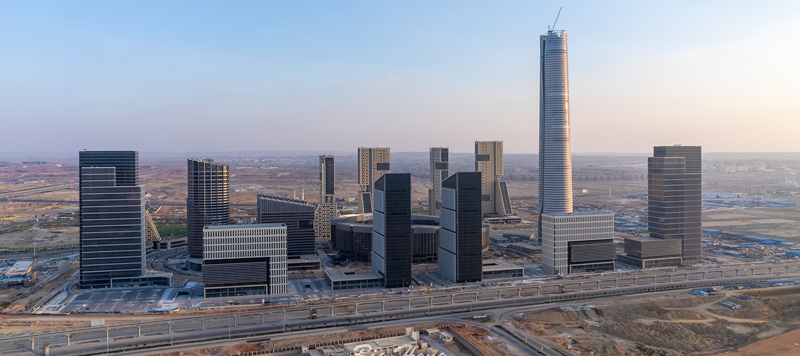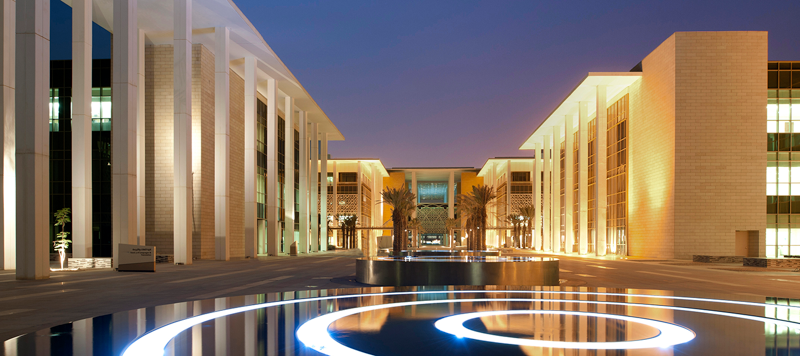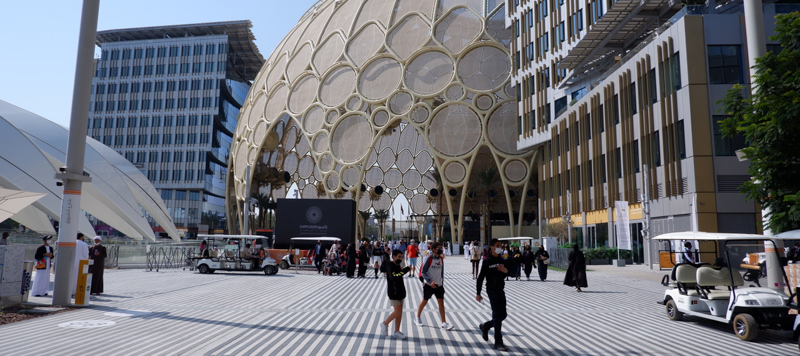Location
Almere, Netherlands
Our Impact:
Digital, Sustainability
Our Specialist Brands:
Dar
Expertise:
Communities
A project celebrating the idea of green cities growing vertically with little to no impact on the environment.
“Growing Green Cities” was the theme of the 2022 edition of the Netherlands’ international horticultural exhibition Floriade. Inspired by nature and life in the desert, Qatar’s Desert Nest Pavilion and Garden offered a vision for innovative and sustainable ways to create green cities that live in harmony with even the harshest of environments.
Dar merged Qatari heritage with state-of-the-art construction technologies to showcase Qatar’s commitment to reclaiming deserts and transforming them into vibrant, dynamic spaces for humanity and biodiversity to live and thrive.
Consisting of four individual towers, the lynchpin of the Pavilion is Burj Al-Hamam, or Pigeon Tower – a modern reimagining of Qatar’s traditional and well-known pigeon towers that once dotted the country’s landscape, offering refuge to migrating birds and wildlife. The tower is a milestone in the 3D printing industry and offers a glimpse at the future of sustainable construction.
Standing in a landscape inspired by the Qatari Desert and Wadi environments, the four towers were designed to return as many materials as possible to nature at the end of the Expo.
Using reclaimed and recyclable materials practically eliminated construction waste, and by using automation and self-building construction systems in the form of 3D printing, we optimized the use of energy and construction materials. The Pavilion also validated 3D printing as a viable construction method for large-scale projects: the 12.1-m-high Pigeon tower officially entered the Guinness World Record Book as the world’s tallest freestanding 3D printed concrete tower.
To deliver this ground-breaking tower, the project team used parametric design, which translates traditional design into codes that robots can read to print building components. A series of tests were carried out by the 3D printing specialist, Beamix, to optimize the tower’s shape and make it freestanding, free of columns or steel frames, and respectful of the original concept design.
The other towers also presented solutions to help transform arid landscapes into liveable environments. The Vertical tower showcased the latest food production technologies and sustainable urban farming trends Qatar is using to improve food security.
This included an integrated hydroponic system to grow food inside and outside the pavilion, with the tower skin playing the double function of growing food and insulating the indoor space.
The Energy tower generated its own energy via photovoltaic cells, demonstrating how sun, kinetic and wind power can help achieve net zero and minimize the carbon footprint of future cities. The Community Tower shows how Qatari are putting the greening of the desert into practice, and its story will be continued beyond Expo Doha 2023.
The Desert Nest Pavilion celebrates Qatar’s innovations as well as its bold vision for transforming the desert. Infused with traditional Qatari heritage, it offered a pathway using a model of sustainable construction that takes us towards sustainable, innovative, and green new cities.
Location
Almere, Netherlands
Our Impact:
Digital, Sustainability
Our Specialist Brands:
Dar
Expertise:
Communities



